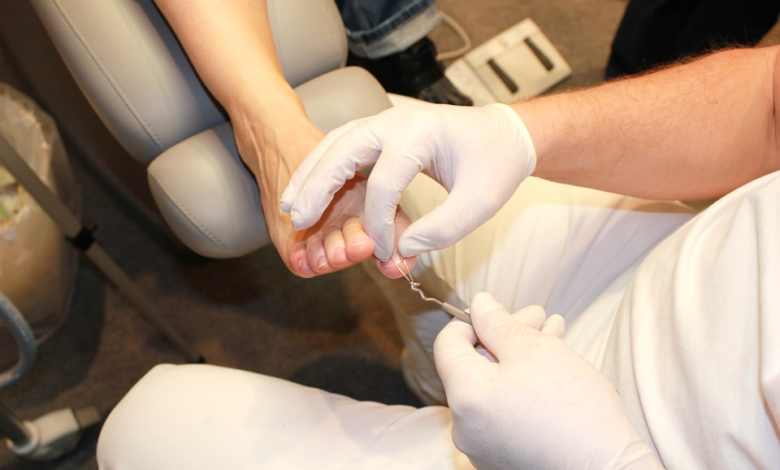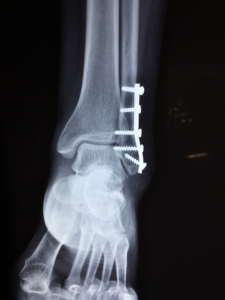Correcting Painful Health Issues Collaterally



Do Your Back and Shoulders Hurt?
Did you know some things like upper or even lower back pain might be rooted in how you walk? If you’ve got one leg that’s, say, a quarter inch shorter than the other, even though the difference is negligible, that’s going to impact your gait. Gradually, without assistance, this will have a negative effect on your spine.
Similarly, if you’ve got “flat feet”, which many people tend to have in modernity, it will make walking long distances quite painful, and this might cause you to hunch or slump, which rounds the curve of your upper back and contributes to back pain. Orthotics are little shoe inserts that fix flat feet and collaterally affect posture.
If you’ve got a limp, it’s doing more than just hurting your leg and hip. In fact, any issues you have whatever with your feet will result in collateral health impacts throughout your body. There are even some alternative medicine beliefs that involve detoxification of the body through the feet; but these are not verified by modern western medicine.
Feet Impact Many Areas of Health


The point is, there’s a lot more defining foot health than you may realize. Collateral to total physiological homeostasis is physiological alignment. Feet act sort of like a pilot in that regard. How you walk influences how far you can walk, or run. How tired this makes you influences how you’ll sit later.
If it hurts you to walk, you’re not going to walk as much. That means you’ll be more sedentary, which by all accounts is bad for your health. Sometimes correcting the issue is much less complex or daunting than you expect. It could be something as simple as having a brief examination, having a plaster cast made of your foot (or feet) and picking up an insert later.
Common But Often Forgotten Aspects of Foot Health


Also, there are bacteriological and fungal issues which can affect the feet. You’ve heard of athlete’s feet, but there are worse things that can happen. An infected cut could introduce something like MRSA or gangrene to the body, resulting in the need for amputation.
That’s a rarity these days, but having regular access to a foot doctor specialist will help you get ahead of such issues before they become dangerous.
Keeping Your Feet Healthy
Feet are bone, sinew, tendon, muscle, toenails, skin, and hair. The skin at the bottom of our feet is different than in other places on your body, and it is regularly impacted. This means it can become more rough, and sometimes you might not even realize you’ve got something like a splinter in the sole of your foot for months. Other times, you can’t even walk right.
From musculature pain to gait issues to back problems to infections to splinter removal, there are a lot of things a foot doctor can do to keep your feet healthy, and by extension the rest of you. If you don’t have a podiatrist now, maybe look into your options.



